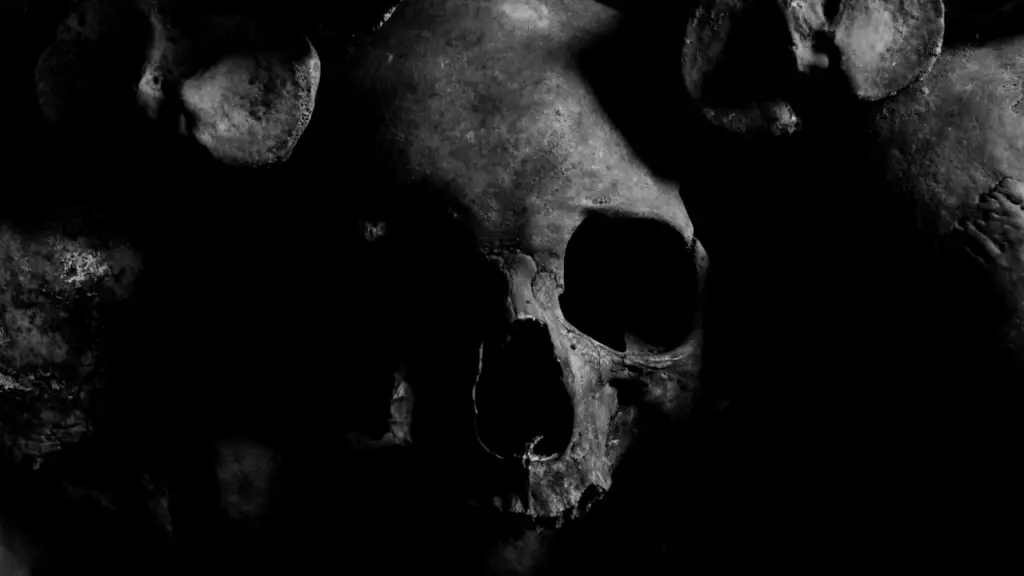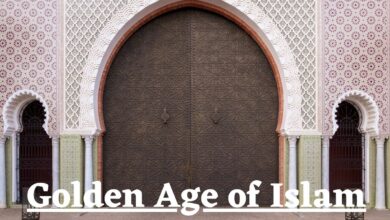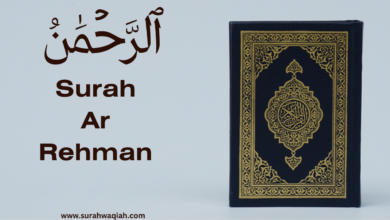What do Jews Believe Happens When You Die?
Exploring Jewish Beliefs About the Afterlife


Introduction
Death and the afterlife have been subjects of contemplation and curiosity across cultures and religions. Jewish beliefs about the afterlife provide a unique perspective that reflects their rich history, traditions, and spiritual values. The Jewish understanding of what happens when you die is multifaceted, drawing from ancient texts, interpretations, and diverse viewpoints. In this article, we will delve into the fascinating world of Jewish beliefs concerning the afterlife.
Sheol and Olam Ha-Ba: Ancient Roots of Jewish Afterlife Beliefs
The earliest Jewish beliefs regarding the afterlife can be traced back to the concept of Sheol. In Hebrew scripture, Sheol is often depicted as a shadowy realm where souls of the deceased go after death. It’s a place that lacks distinct reward or punishment, reflecting a more neutral existence.
However, over time, Jewish thought evolved, leading to the concept of Olam Ha-Ba, which means “the World to Come.” Olam Ha-Ba signifies a more developed understanding of the afterlife, where souls undergo judgment and experience varying degrees of spiritual reward or punishment.
Reward and Punishment: The Role of Deeds
Central to Jewish beliefs about the afterlife is the notion that one’s actions in life play a crucial role in determining their fate. Righteous deeds and adherence to the commandments outlined in the Torah are believed to lead to spiritual reward in Olam Ha-Ba. Conversely, failure to lead a virtuous life could result in spiritual consequences.
While the specifics of these rewards and punishments can vary within different Jewish denominations and interpretations, the core idea remains that ethical behavior and the pursuit of goodness are pivotal in shaping one’s destiny in the afterlife.
Resurrection: A Physical Transformation
In addition to the concepts of Sheol and Olam Ha-Ba, certain Jewish beliefs emphasize the idea of resurrection. This notion envisions a future time when the dead will be brought back to life in a renewed physical form. Resurrection is particularly significant in Orthodox Jewish thought, as it underscores the belief in the ultimate redemption of the world and the restoration of the deceased to a state of wholeness.
However, it’s important to note that not all Jewish traditions adhere to the concept of bodily resurrection. Some interpretations lean more towards a spiritual existence in the afterlife, focusing on the immortality of the soul rather than physical restoration.
Mystical Perspectives: Kabbalah and the Afterlife
The mystical tradition of Kabbalah adds another layer to Jewish beliefs about the afterlife. Kabbalistic teachings delve into the mystical dimensions of the Torah and propose intricate cosmological concepts. According to Kabbalah, the afterlife is a complex journey through various spiritual realms, each corresponding to different aspects of divine revelation.
Kabbalistic thought introduces the idea of tikkun olam, the mending or repair of the world. Souls are believed to undergo a process of purification and rectification in these realms, ultimately contributing to the restoration of divine harmony and the fulfillment of cosmic purpose.
Conclusion: A Tapestry of Beliefs
Jewish beliefs about what happens when you die form a rich tapestry woven from diverse threads of tradition, interpretation, and spiritual reflection. From the ancient concept of Sheol to the nuanced perspectives on Olam Ha-Ba, resurrection, and Kabbalistic insights, Judaism offers a multifaceted exploration of the afterlife.
These beliefs underscore the importance of leading a virtuous and ethical life, shaping one’s actions in accordance with the teachings of the Torah. While there might not be a single unified view on the afterlife within the Jewish community, the overarching theme remains consistent: the afterlife is intricately connected to the deeds and intentions of an individual during their earthly existence.
In a world where beliefs about the afterlife vary widely, Jewish perspectives provide a window into a culture deeply rooted in tradition, scholarship, and spiritual contemplation. Whether one finds solace in the concept of reward and punishment, resurrection, or the mystical journey through spiritual realms, Jewish beliefs offer a thought-provoking lens through which to ponder the mysteries of life and what lies beyond
What do Jews Believe Happens When You Die?
Jewish beliefs about the afterlife vary among different branches and interpretations. Some emphasize the importance of focusing on life in this world rather than speculating about the afterlife. However, concepts like Olam Ha-Ba (the World to Come) suggest a belief in a future existence beyond death.
Is there a specific description of the afterlife in Judaism?
Unlike some other religions, Judaism doesn’t have a definitive and universally accepted description of the afterlife. Various texts and interpretations offer different perspectives, ranging from spiritual realms to concepts of divine judgment.
What is Olam Ha-Ba?
Olam Ha-Ba, often translated as the “World to Come,” refers to a future state of existence. It’s a concept that suggests righteous individuals will experience a closer connection with the divine, possibly leading to a form of reward or spiritual fulfillment after death.
Do Jews believe in heaven and hell?
While some branches of Judaism do have concepts resembling heaven and hell, these ideas are not as prominent as in some other religions. Instead, the focus tends to be on ethical living and fulfilling one’s purpose in this world, with the afterlife being less emphasized.
How does Judaism view the soul after death?
Judaism generally believes in the eternal nature of the soul. While the specifics may vary, there is a shared belief that the soul continues to exist in some form after death, maintaining a connection with the divine.
Are there rituals or practices associated with death in Judaism?
Yes, there are various rituals associated with death in Judaism. These include proper burial, mourning practices like shiva (a seven-day mourning period), and saying Kaddish (a prayer) for the deceased. These rituals emphasize respect for the deceased and provide support for the grieving family.
Do Jewish beliefs about the afterlife impact daily life?
Jewish teachings often emphasize the importance of leading a righteous and ethical life in the present world. While beliefs about the afterlife exist, the focus is on fulfilling one’s moral and spiritual obligations in the here and now.
How do different branches of Judaism differ in their beliefs about the afterlife?
Orthodox, Conservative, Reform, and other branches of Judaism have varying interpretations of the afterlife. Orthodox Jews tend to emphasize traditional beliefs, while Reform Jews may focus more on symbolism and metaphor. Conservative Judaism often falls between these two perspectives.
Can Jews believe in reincarnation?
Reincarnation is not a central belief in Judaism, but some Jewish mystic traditions, like Kabbalah, do incorporate elements of reincarnation. However, this belief is not universally held across all Jewish traditions.
How do Jewish beliefs about the afterlife contribute to their worldview?
Jewish beliefs about the afterlife influence how individuals prioritize their actions and values in this world. The emphasis on ethical living, social justice, and personal responsibility reflects the idea of improving the world and leaving a positive legacy.





